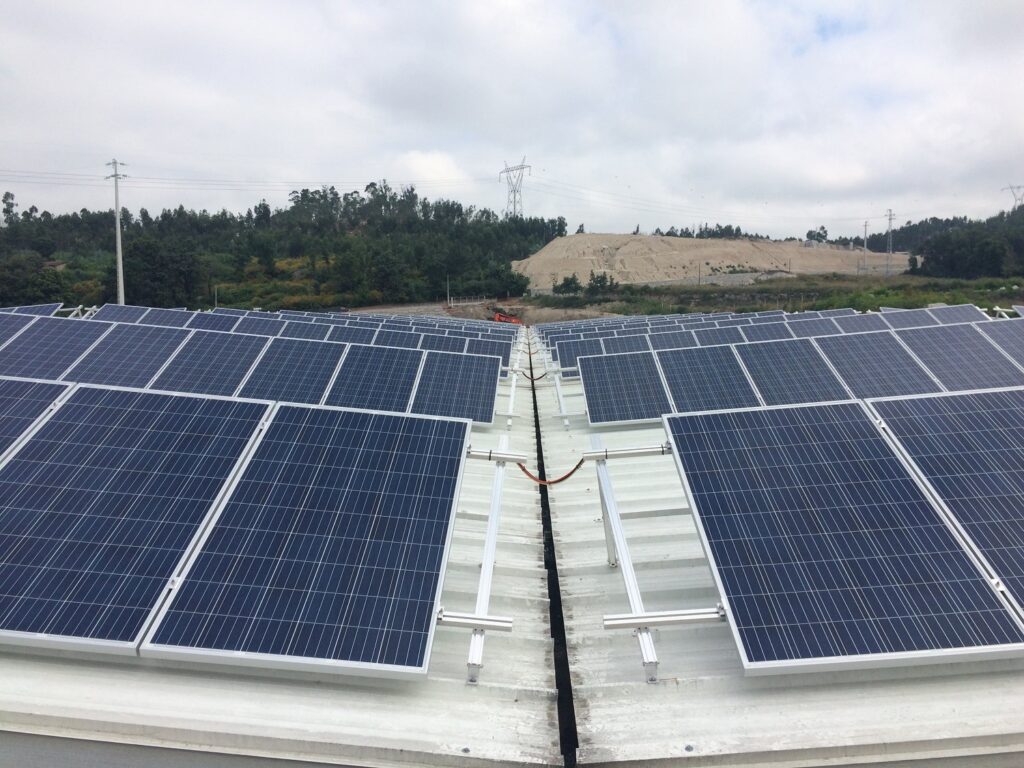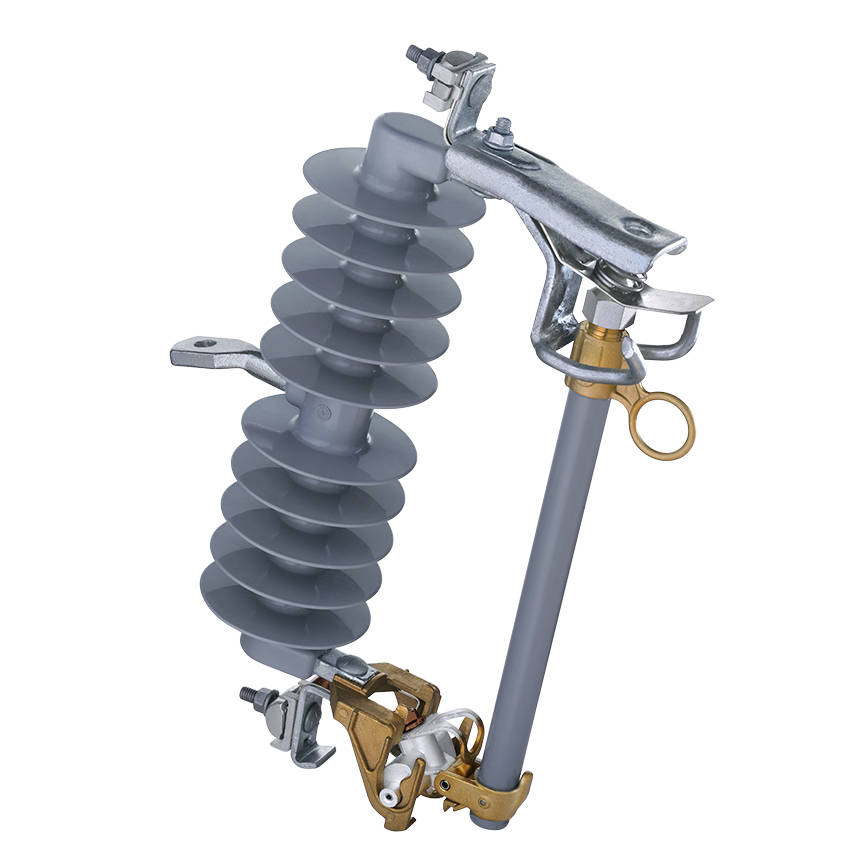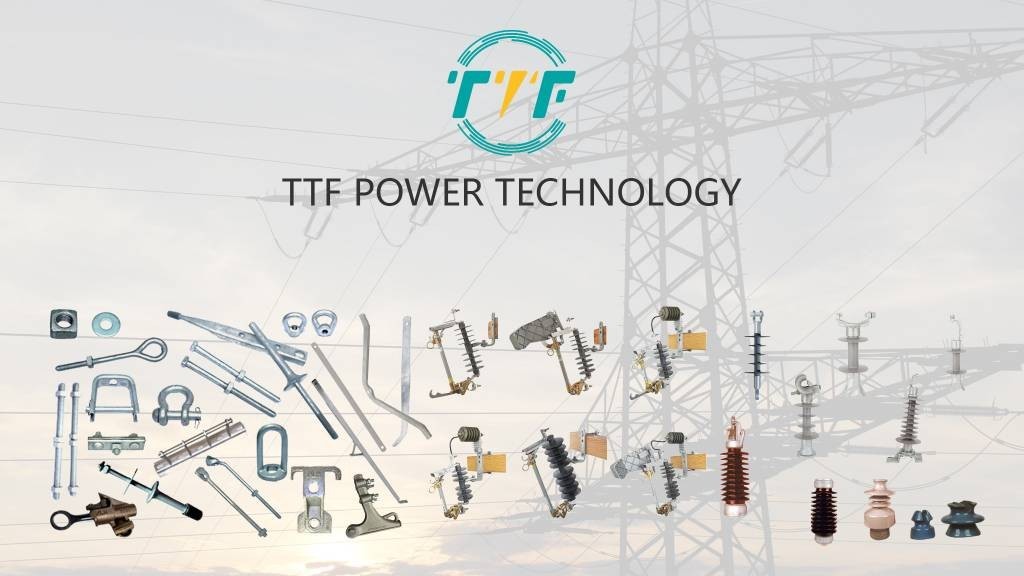
Self-consumption of renewable energy refers to the practice of generating electricity on-site using renewable energy sources. The energy generated is for personal or business needs, and the excess can be fed back to the grid. Self-consumption in Colombia is becoming popular with the increase of technology, cost decreases, and ease of permit rules. This makes it a viable choice for many households and businesses looking to reduce their carbon footprint and energy expenses. Colombia is on track to receive up to $2.2 billion in renewable energy projects. The government is also supporting this growth through incentives for commercial and residential users. This is with the aim to increase the share of non-conventional renewables in the energy mix to at least 10%. Self-consumption projects face several challenges, such as initial investment, regulatory hurdles, and technological barriers. A cutout fuse is an essential component in self-consumption renewable energy systems in Colombia.
Cutout fuses contribute to the safety and reliability of self-consumption renewables in Colombia. They are able to automatically disconnect the circuit when the current exceeds a certain threshold. This protects the system from damage caused by overloads or short circuits. They also help reduce the impact of power outages and enable faster repairs. Cutout fuses prevent electrical fires and other safety hazards by interrupting the flow of electricity when necessary. Fuse cutouts are safety measures that ensure the reliable and safe operation of self-consumption renewable energy systems. These systems also provide solutions to reduce greenhouse gas emissions in the country. This article looks at the benefits of self-consumption renewables in Colombia and the role of a cutout fuse in the infrastructure.
The role of a cutout fuse in self-consumption renewables in Colombia
A cutout fuse plays a crucial role in self-consumption renewable energy systems in solar PV and wind installations. It serves as a protective device on the infrastructure needed for support. The fuse provides overcurrent protection and enhances system reliability. This ensures the safe operation of self-consumption renewable energy systems. These systems support Colombia’s push towards decentralized and sustainable energy solutions. The following are the functions of cutout fuses in the self-consumption market in Colombia.

- Isolation of faulty sections—a cutout fuse isolates faulty sections of the system to allow the safe operation of the rest of the installation. This ensures a continuous power supply to homes or businesses depending on renewable energy sources.
- Durability in harsh environments—cutout fuses must be durable enough to handle varying environmental conditions. These include high humidity in coastal areas or high altitudes.
- Protection from overcurrent—a cutout fuse interrupts the flow of electricity when the current exceeds a safe level. They protect components such as inverters, transformers, and battery storage systems from damage.
- Grid and equipment safety—the cutout fuse helps prevent back-feeding of electricity during outages. This could endanger utility workers or grid infrastructure.
- Compliance with local regulations—Colombian regulations for renewable energy systems may need protective devices. Cutout fuses ensure safe operation and compliance of systems tied to net metering or feeding excess power to the grid.
Benefits of self-consumption renewables in Colombia
Self-consumption renewables in Colombia provide many benefits that align with both national energy goals and individual needs. The benefits make self-consumption renewables a key component in Colombia’s energy future. TTF has established itself and continues as a world-class global supplier of high quality pole line hardware, overhead line steel structures, insulators, anchoring products, cutout switches, cables & conductors and grounding products. These components support the development of self-consumption renewables in Colombia. The following are the benefits of self-consumption renewables in Colombia.

- Energy independence and reliability—self-consumption enhances energy autonomy, which is crucial in Colombia’s off-grid regions.
- Grid stability—distributed renewable energy reduces the load on the national grid, promoting stability. It also supports decentralization, which is crucial for energy transition.
- Economic development—the expansion of self-consumption projects fosters local economic growth by creating jobs. This includes opportunities in the installation, maintenance, and manufacturing of renewable energy components.
- Energy cost savings—installing renewable energy systems allows businesses and households to reduce electricity bills. This is by generating their own power, reducing reliance on the national grid.
- Environmental benefits—self-consumption renewables help in reducing greenhouse gas emissions. This is by replacing fossil fuel-based energy with clean energy.
- Government incentives and regulatory support—the country provides incentives such as tax benefits and net metering for self-consumption renewable projects. This encourages the adoption of solar and wind energy.
- Resilience against energy price volatility—by producing their own energy, users can avoid electricity price fluctuations. This ensures long-term financial stability in Colombia.